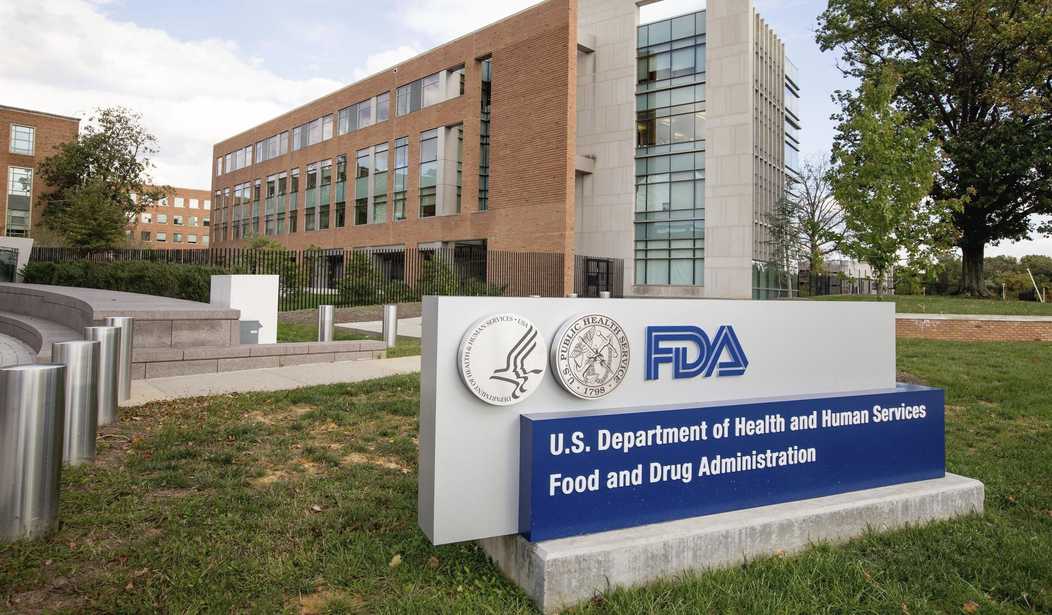Congress is supposed to pass laws, while federal agencies are merely supposed to enforce federal laws through regulations. Yet, government agencies sometimes perpetuate an internal agenda that goes far beyond their Congressional mandate. The U.S. Food and Drug Administration (FDA) is among the worst offenders but there are numerous examples of federal agency overreach. Several examples have been in the news recently:
The Environmental Protection Agency overstepped its authority enforcing the Clean Air Act and the Clean Water Act until the Supreme Court put a stop to it in 2022 and 2023, respectively.
Biden’s Department of Education tried to forgive $400 billion in student loans for political purposes before the Supreme Court ruled against it, saying only Congress has that authority.
The Department of Energy has waged a war on household appliances, prompting a consumer backlash when it tried to adopt Progressive’s dislike of gas stoves.
Another recent example of agency overreach that has not been in the news but should be is the FDA’s Unapproved Drug Initiative. The Food, Drug and Cosmetic Act of 1938 began the era when firms had to test new drugs for safety. Drugs already on the market were deemed safe and did not require FDA approval to remain on the market. Many are still in use today.
In 2006 the FDA decided to gradually do away with grandfathered drugs unless they underwent abbreviated clinical trials. The results were disastrous. Grandfathered drugs that were subsequently approved after testing rose in price by five to fifty times with no increase in safety. The Trump Administration shut down the initiative as an unnecessary waste of resources, but under Biden it was quietly reinstated. The FDA believes an official stamp of approval (for grandfathered drugs used safely for more than 80 years) is more important than low prices.
The FDA has a culture that is both bureaucratic and risk averse, which slows patients’ access to drugs and therapies, while raising costs. More recently the FDA has taken aim at regenerative medicine. Why? Because 70 million Baby Boomers are slipping into old age. Aging bodies wear out and healing slows. Millions of people are looking for the fountain of youth. Of course, there is no actual fountain hidden in Florida but there are new advances in regenerative medicine, using stem cells, peptides, ortho-biologics, exosomes, tissues, and other molecules.
Recommended
The FDA does not consider aging a disease, rather it views aging as a natural process. That view makes it more difficult to get regenerative therapies approved, even if the therapy is stem cells from your own body processed, propagated, and reinserted into your own body. The FDA wants to put a stop to regenerative medicine outside of tightly controlled clinical studies.
The FDA recently informed manufacturers that most their products, formerly regulated as tissues, have been reclassified as biologic drugs. Drugs require expensive clinical trials, new drug applications and approval. The FDA claims because firms have to process the tissue material it is no longer a tissue (even if it’s your own tissue) and requires extensive clinical trials.
The agency is not supposed to regulate the practice of medicine but that is exactly what the FDA is pursuing. A recent announcement said, these products are “unapproved… whether recovered from your own body or another person’s body, include stem cells, stromal vascular fraction (fat-derived cells), umbilical cord blood and/or cord blood stem cells1, amniotic fluid, Wharton’s jelly, ortho-biologics, and exosomes.”
Tissue therapies, such as Wharton’s Jelly, are used to regenerate damaged tissues and heal injuries. English physician and anatomist Thomas Wharton first described it in 1656, so it’s not exactly new. Wharton had no way of knowing it is rich in stem cells and regenerative healing properties.
The most recent company affected is Florida-based Regenative Labs, but there are numerous others. These firms sell regenerative products to physicians, clinics, research labs, hospitals, and customers abroad. They will have to stop unless their products are used for research only. That market is very small.
By the time regenerative medicine manufacturers can prove to the FDA that stem cells and tissue products are both safe and beneficial the patients who now need them will already be disabled, debilitated or dead.

























Join the conversation as a VIP Member